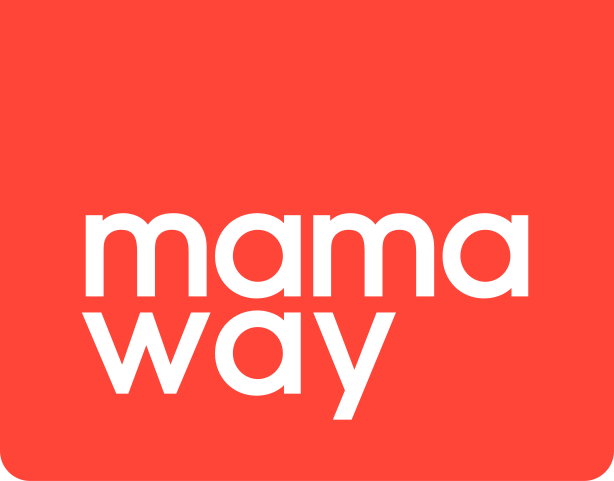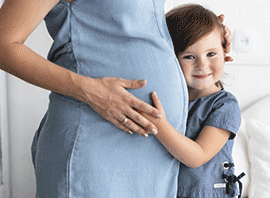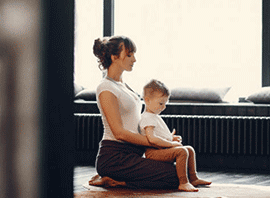Your baby’s first try into solid food opens up a whole world of flavors and texture. But how do you decide what your baby’s first taste should be? Do you offer it to them on a spoon or do they just pick it up with their tiny hands?
What is Baby-Led Weaning?
Popular in the U.K. and gaining traction in the U.S., baby-led weaning is a practice where babies 6 months old or older jump straight to finger foods as soon as solids are introduced, bypassing purées and mashed-up foods.
When Should I Start Baby-Led Weaning ?
Most healthy, full-term babies are ready to start solid food around 6 months of age. However, it is important that your baby reaches the following developmental milestones before offering solid food:
- Age: Baby is 6 months or older
- Sitting: Baby can sit unsupported
- Head Control: Baby can hold head up and steady
- Reach & Grab: Babies can pick up objects and easily put them in their mouths
- Interest: Baby mouths for food or leans forward for it
Your baby must meet all of the above developmental milestones before you introduce solid food, and particularly so if you are going to start with baby-led weaning or finger foods.
Benefits of Letting Your Baby Self-Feed
BLW is touted to offer a variety of benefits, ranging from healthier eating behaviors to better long-term health outcomes for children. Some of the advantages are listed below:
- Development of oral and motor skills
It improves the development of hand-eye coordination, chewing skills, dexterity, and healthy eating habits for your little one. - Money saving
Baby eats real food. No pricey jars or blenders are required. Think about it. One jar of baby food is 79 cents, more if you opt for the kind in the pouch. Would you like to spend 79 cents on a jar of pureed plums, or you can spend 66 cents on two hard boiled egg yolks, which are much more nutritious for your child? - Bonding the relationship with family
Baby is part of your family meal, eating with you. What's more, it is easier for you to eat in restaurants as babies can eat whole food. - Get familiar with a greater variety of textures and flavors
This may make them more likely to develop more varied and healthy food preferences in the long run, which can reduce picky eating later on.
Best First Food for Your Novice Eater


Food should be served in thick finger-size pieces that are soft and easy to squish between your fingers. In this case, the food is both easy to hold but has a low risk of choking. Here are some of our favorite first foods to offer baby-led weaning style:
- Roasted sweet potato wedges
- Roasted apple wedges, skin on to help them hold together
- Roasted or steamed broccoli florets (big enough for baby to hold)
- Banana with some of the peel still on
- Lamb or beef, on the bone or a large piece for baby to suck on
- Dark meat chicken, on the bone, or a large piece for the baby to suck on.
Once your baby has tried several single-ingredient foods, you can begin offering mixed dishes. Make sure that the tray contains high-calorie foods and those with iron, zinc, protein, and healthy fats!
Tips for Feeding Success
There’s no “right” way to introduce solids, but these 4 practical tips for baby-led weaning will set you and your baby up for feeding success!
- Consider a mixed approach
If spoon-feeding is most comfortable for you and your little one, there's no need to abandon it altogether before introducing finger foods. However, all you need to do is to make sure that you use the right dishwasher to disinfect the tableware. For the first month of self-feeding, your baby will do a lot of licking, tasting, and exploring. It’s important to use a pH 5.5 balanced washer to kill the bacteria.


- Prepare for messes
The goal of baby-led weaning is to let your little one explore food at their own pace, so getting messy is an inevitable part of the feeding process. You can place a garbage bag under the high chair for easy cleanup.
- Rest assured your baby is getting enough nutrients
Breast milk and formula still provide most of your baby's nutrition, so don't worry if he doesn't actually swallow many solids.
- Don't get over heated or emotional
Eating should be treated as a natural and expected part of the day. Don't pressure your baby to eat. Self-feeding takes time, especially early on.














Validate your login
Sign In
Create New Account